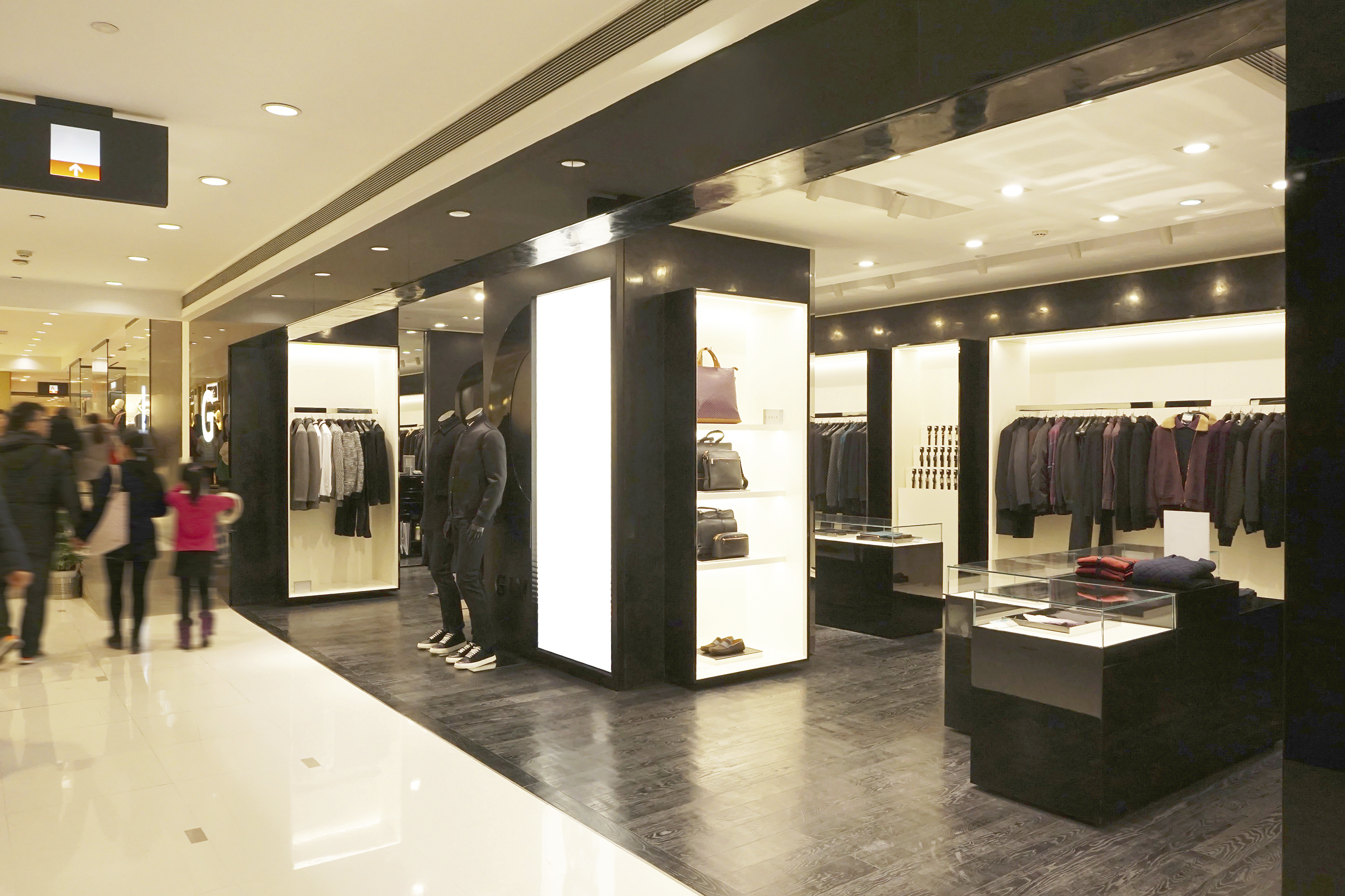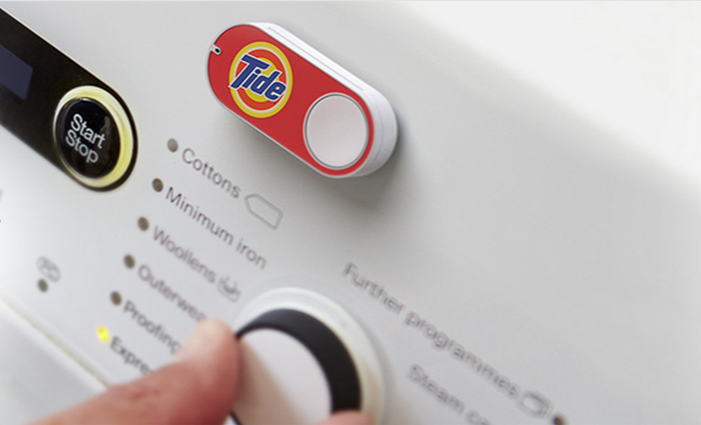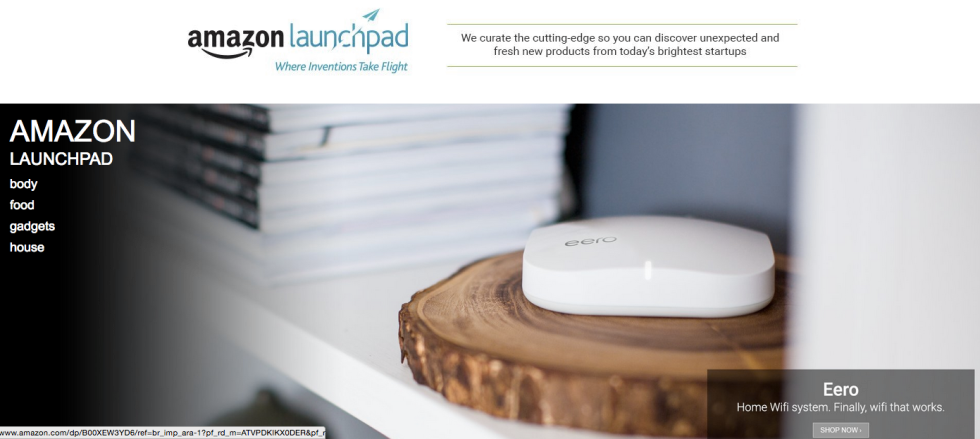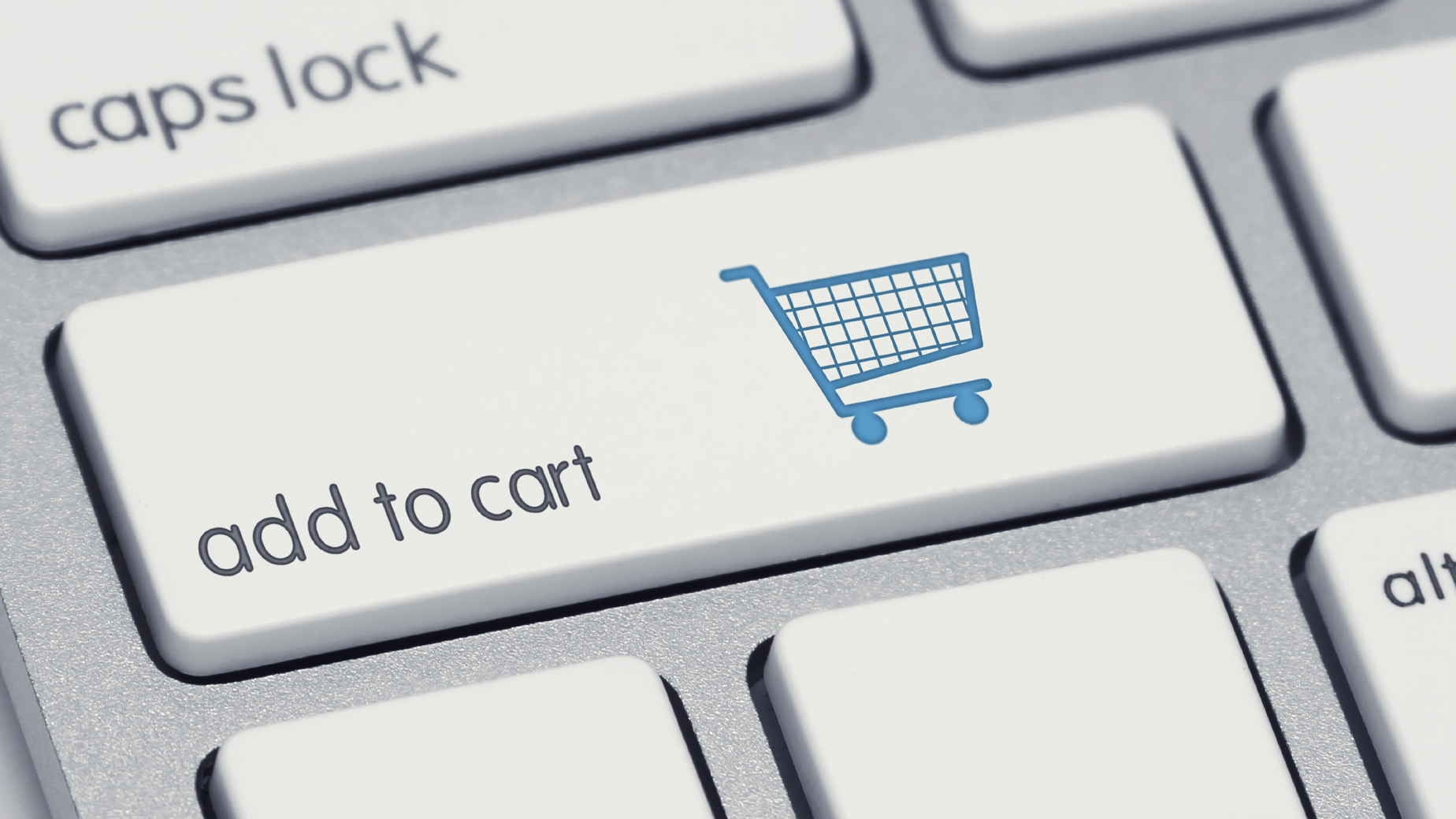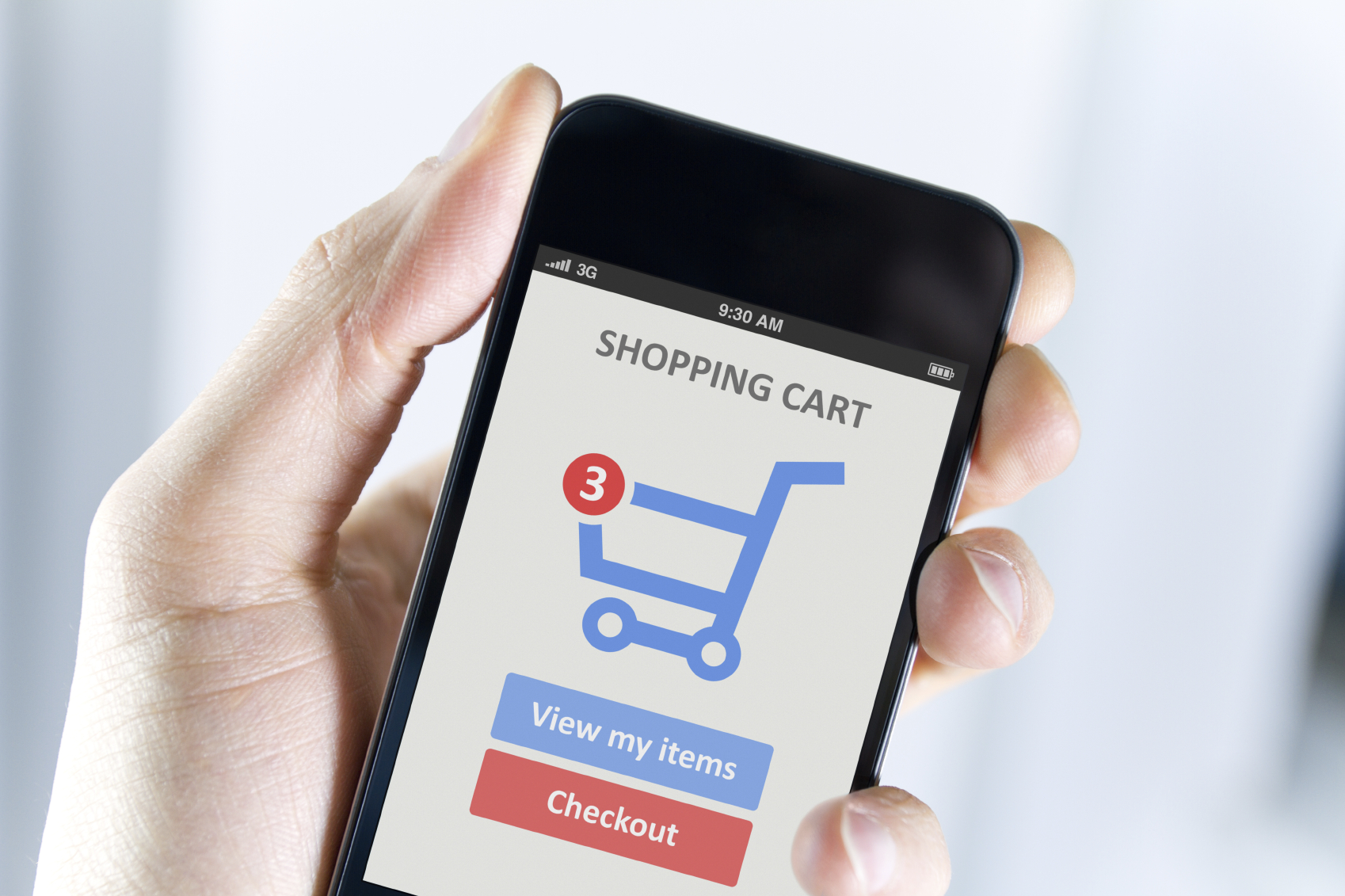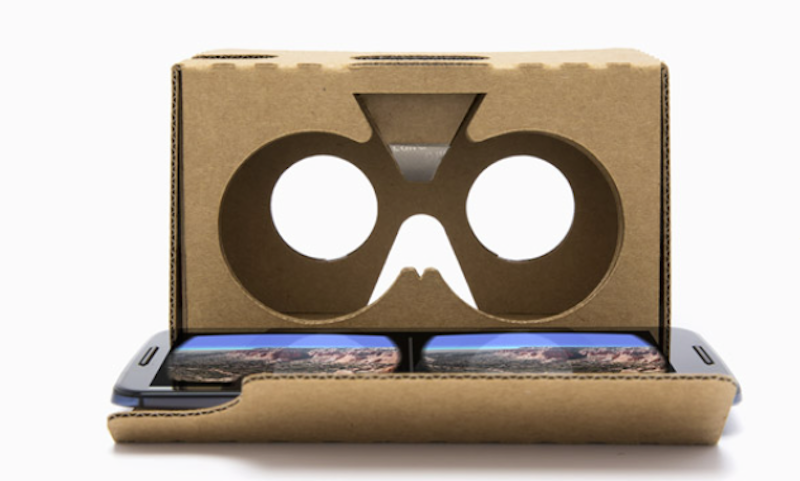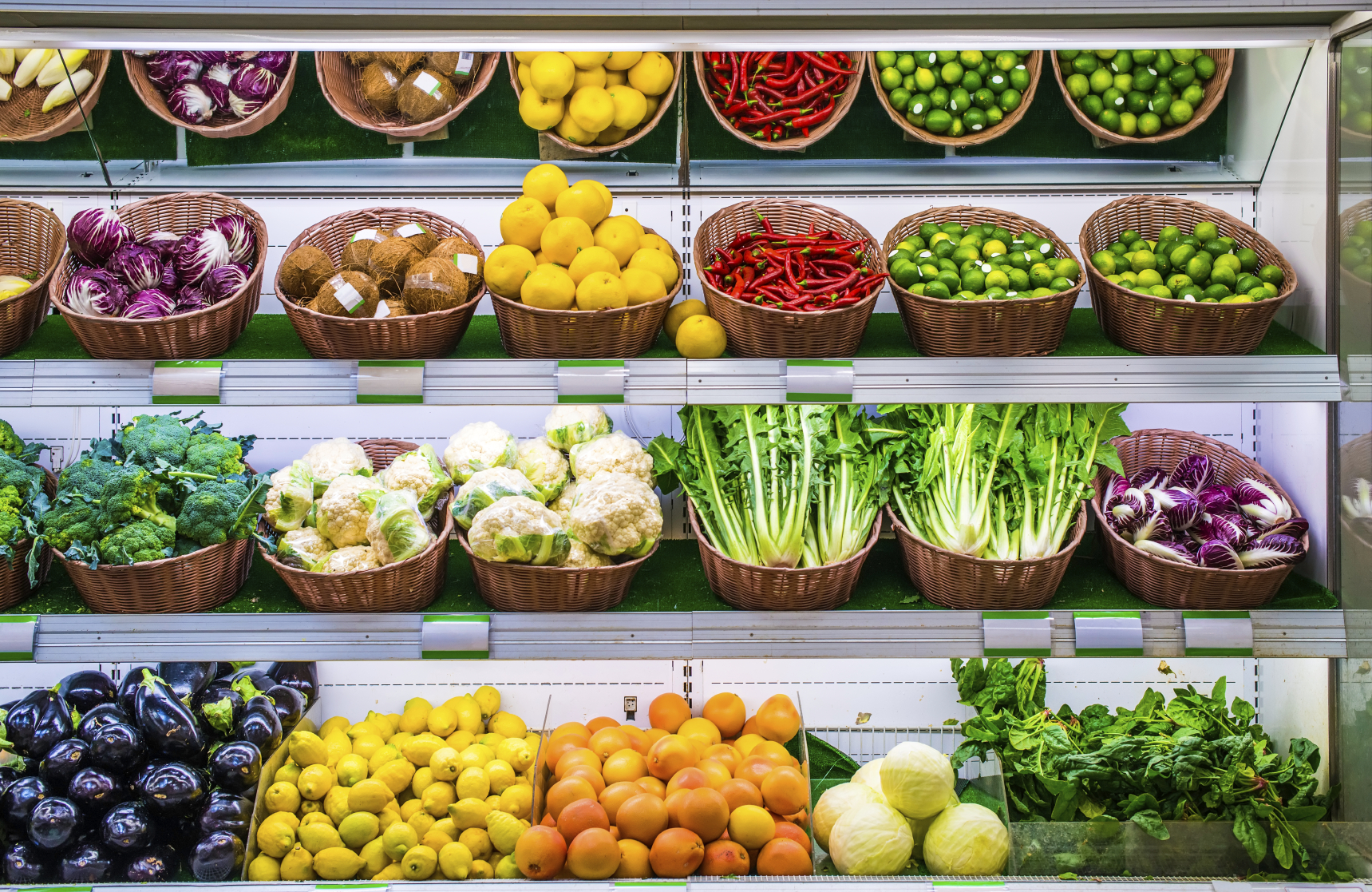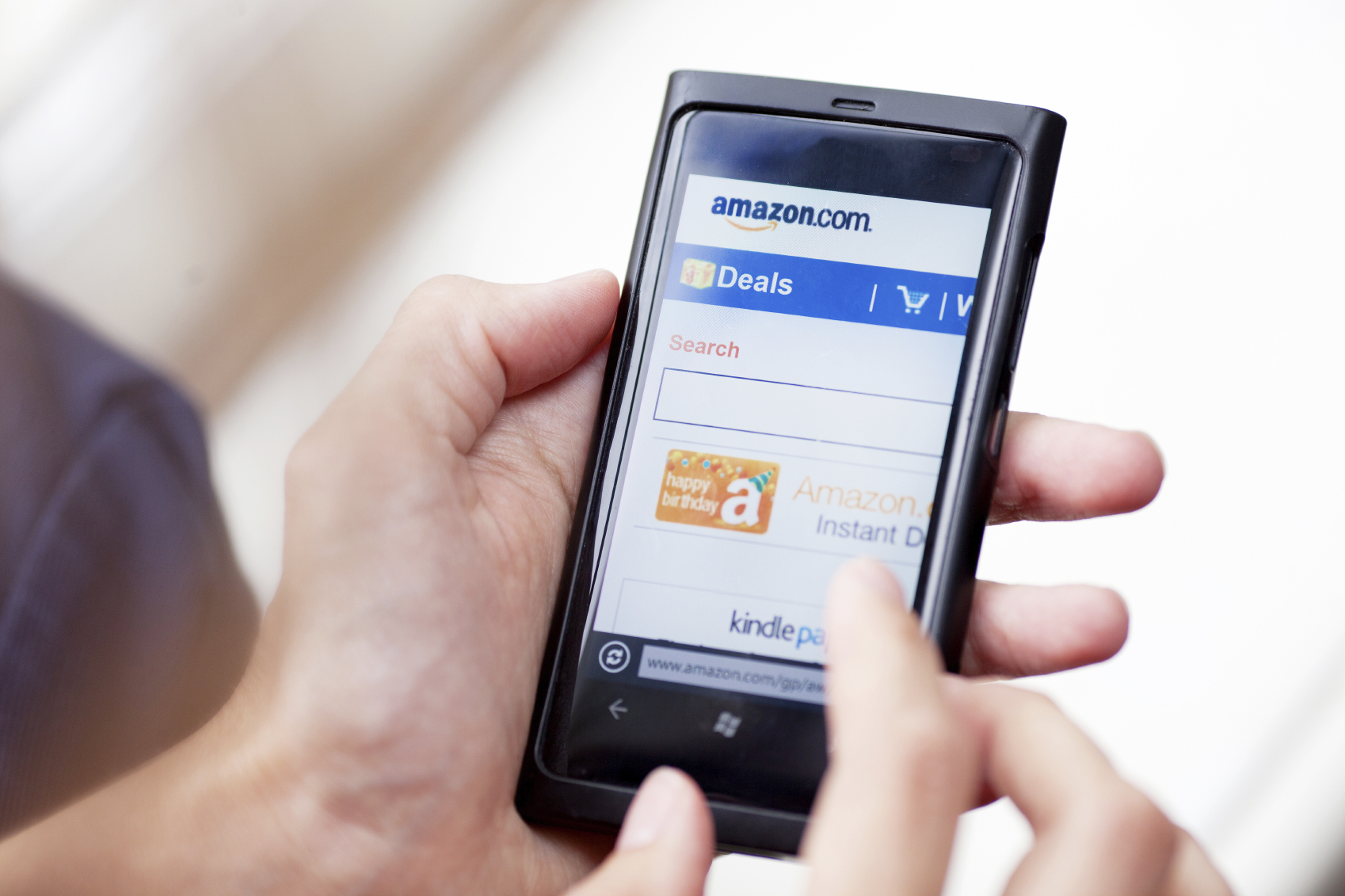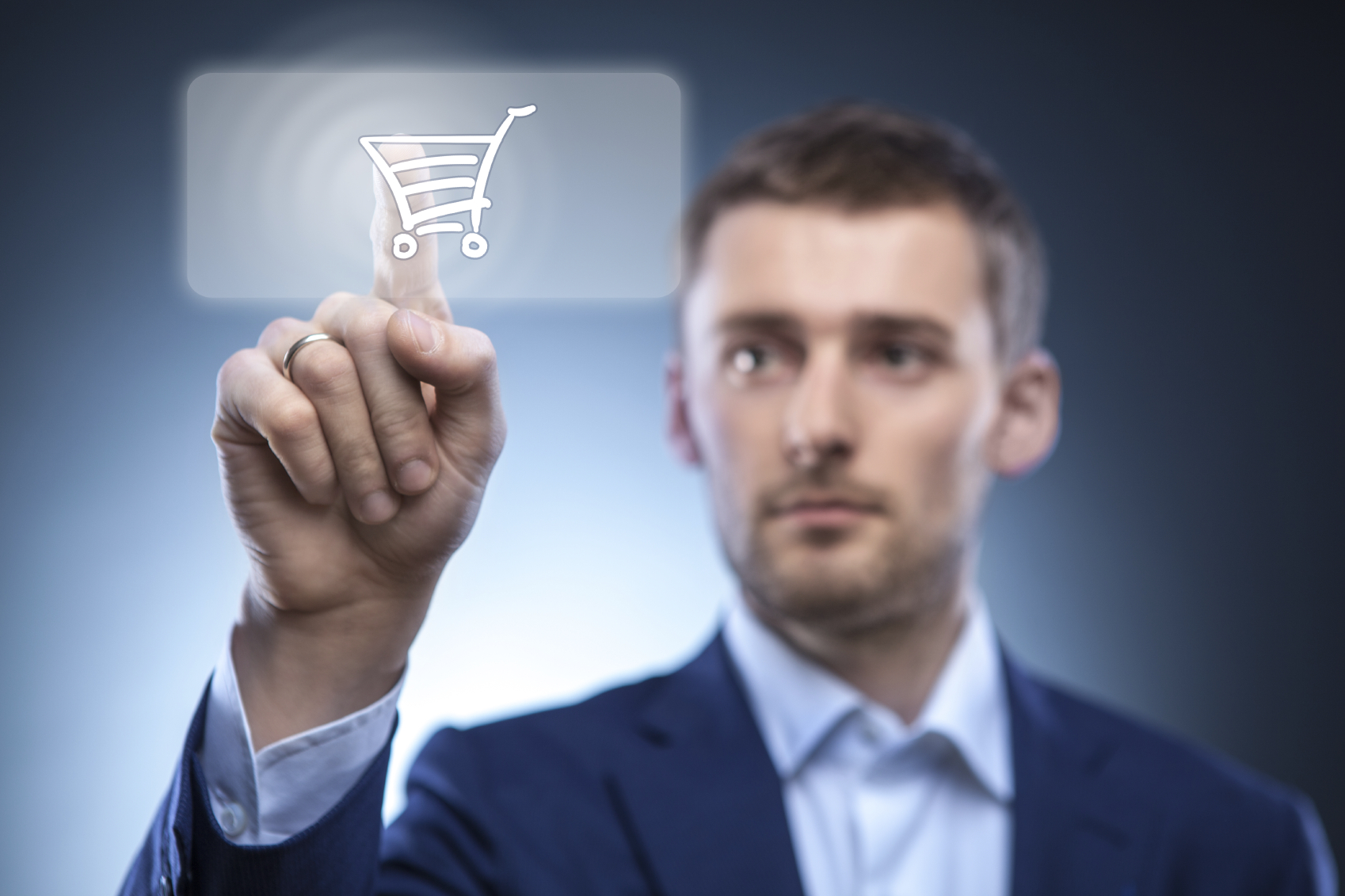What Happened
Amazon has signed a lease for a prime warehouse formerly used by Tesco as a distribution center, in preparation for the imminent U.K. launch of its grocery delivery service. Similarly, Alibaba announced a $4.5 billion investment in Suning, a major electronics retailer in China, in hopes of connecting online shoppers with physical stores and further expanding its delivery network.
What Brands Should Do
As the traditional brick-and-mortar retailers are going online and building out their digital assets, some ecommerce brands, including Warby Parker and Casper, have been venturing into physical retail to take advantage of the benefits that physical storefronts offer. For digital-native brands seeking faster delivery service or even to expand beyond ecommerce, eclipsing the existing retail and logistical infrastructure via either partnerships or acquisitions would be a good place to start.
Source: The WSJ & The Guardian
